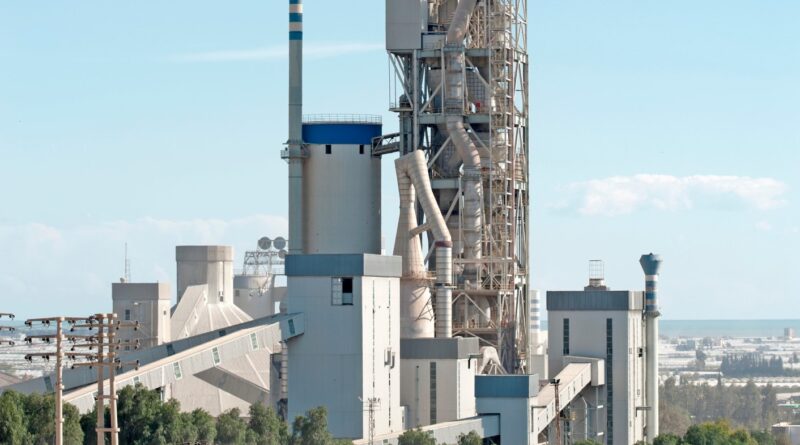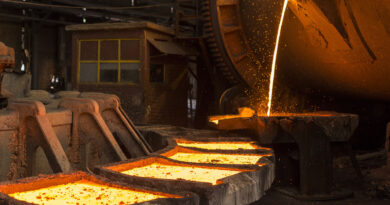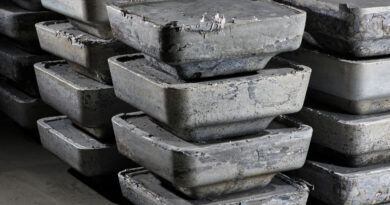Only SA-produced cement permitted on all public sector projects
South Africa’s Treasury Department issued a circular effectively banning imported cement in government-funded projects from 4 November 2021.
Importers of cement have increased market share due to the marginally higher pricing from local manufacturers from the additional, non-negotiable costs for legislative compliance such as carbon tax.
The circular prescribes that all government institutions at all legislative levels and state-owned enterprises must stipulate in tender invitations that only South African produced cement will be permitted on all public sector construction projects.
The cement has to be produced with locally sourced raw materials, which is a condition that eliminates competitors that import clinker.
This decision has resulted in a significant rally of PPC and Sephaku Cement in the share price due to the fifty (50) planned government infrastructure strategic integrated projects and twelve (12) special projects as part of a drive to stimulate the economy.
Last week, the Infrastructure Fund reported that it had submitted four projects, collectively valued at R21 billion, for National Treasury approval and will contribute R5,4 billion through finance from both public and private resources.
The projects have supposedly been approved by Infrastructure South Africa, which is tasked with overseeing the government’s Infrastructure Investment Plan. The Fund is apparently finalising four more projects valued at approximately R85-billion for submission in 2022.




